Scientific Method, Scientific Method
1/23
There's no tags or description
Looks like no tags are added yet.
Name | Mastery | Learn | Test | Matching | Spaced |
|---|
No study sessions yet.
24 Terms
scientific method
a series of steps that scientists use to answer questions and solve problems
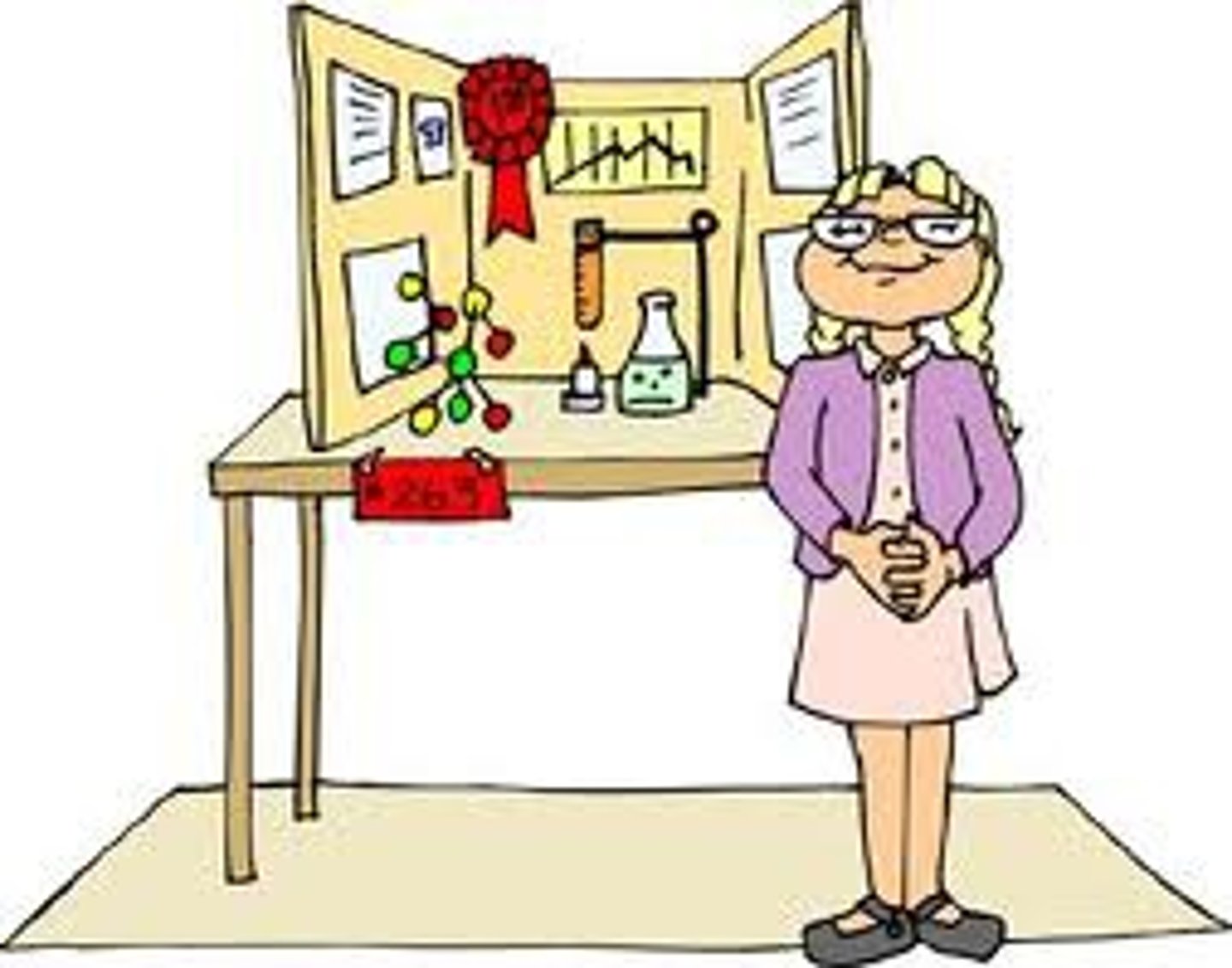
problem
always in form of a question; the question we are trying to answer by doing the experiment
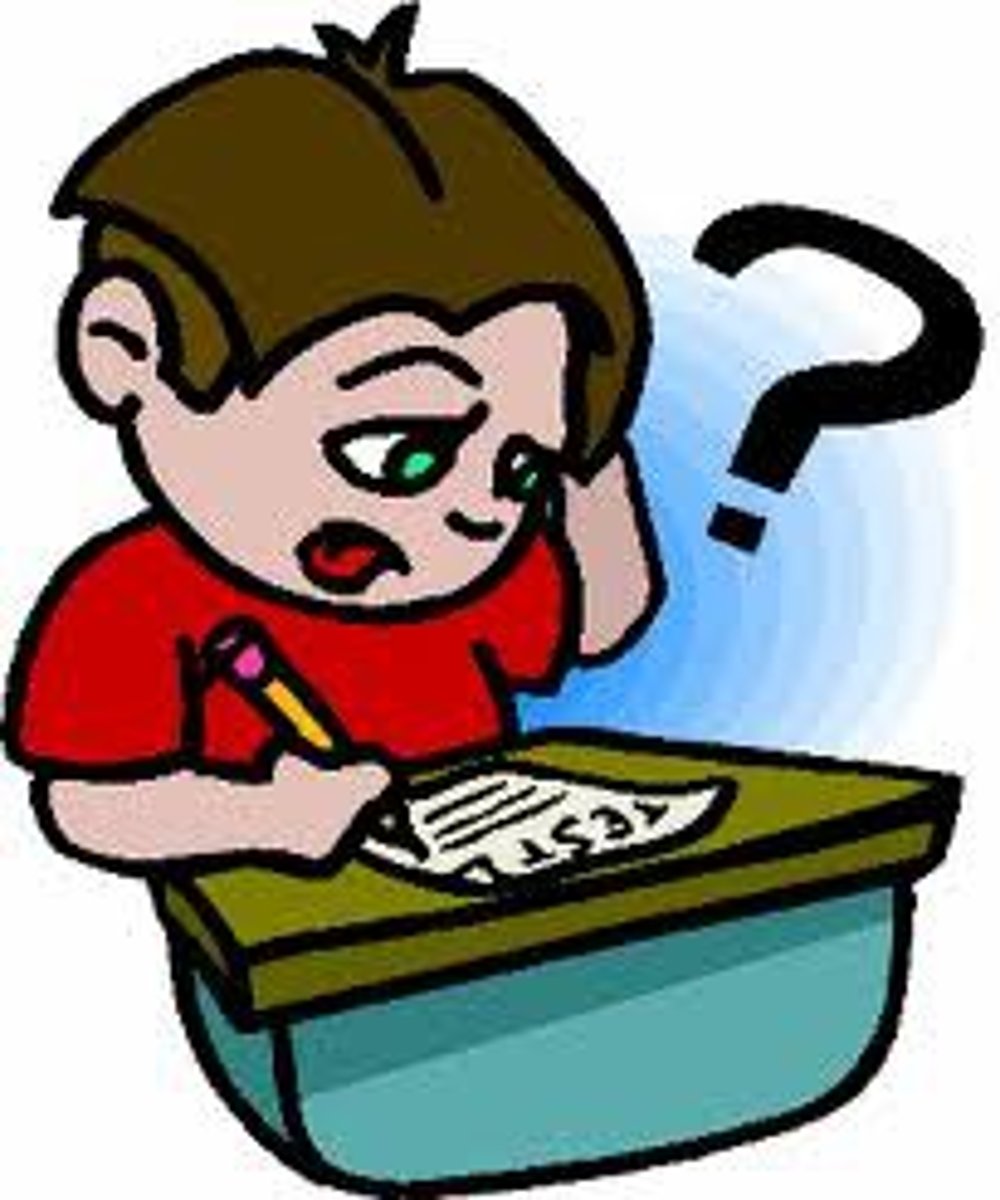
hypothesis
An educated, testable, guess
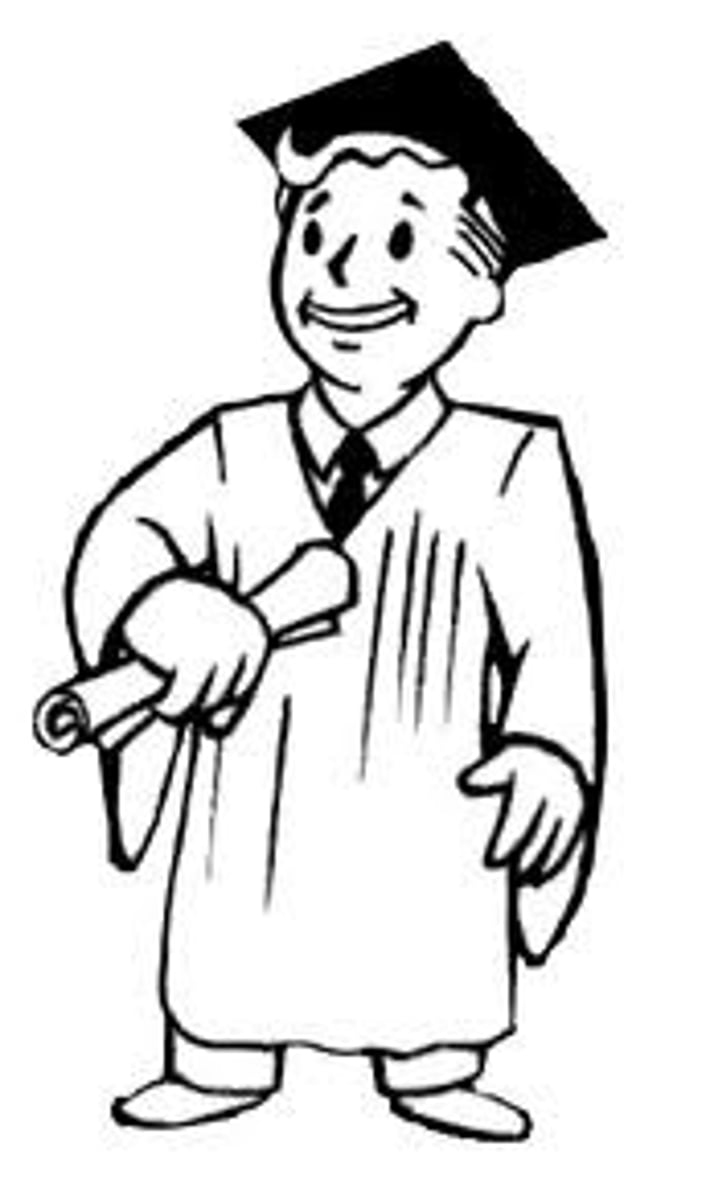
data and results
A summary of the data you have collected (graphs, tables, charts, photos, etc.); all your observations from the experiment
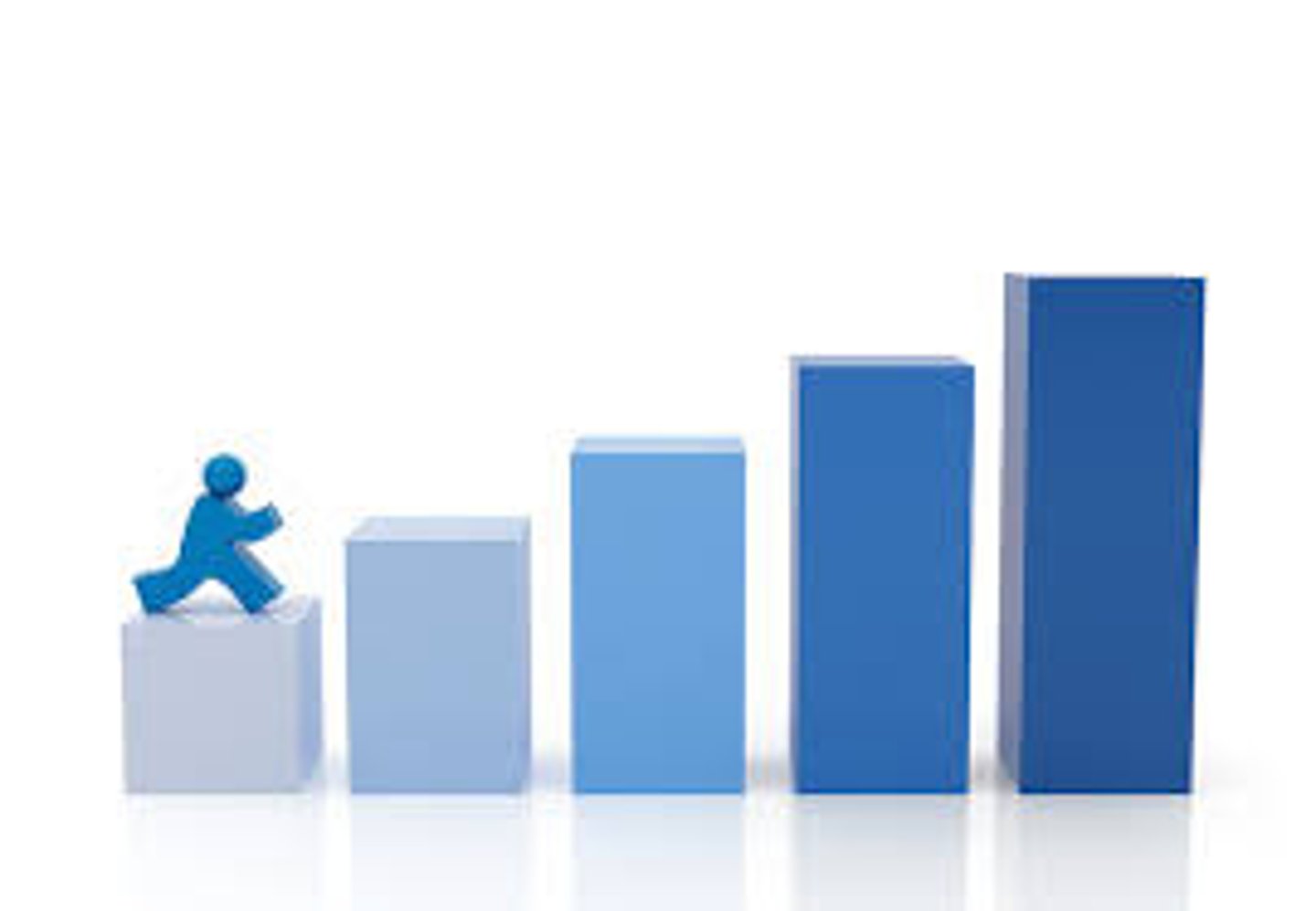
conclusion
the answer to your question; a summary of what you have learned from an experiment
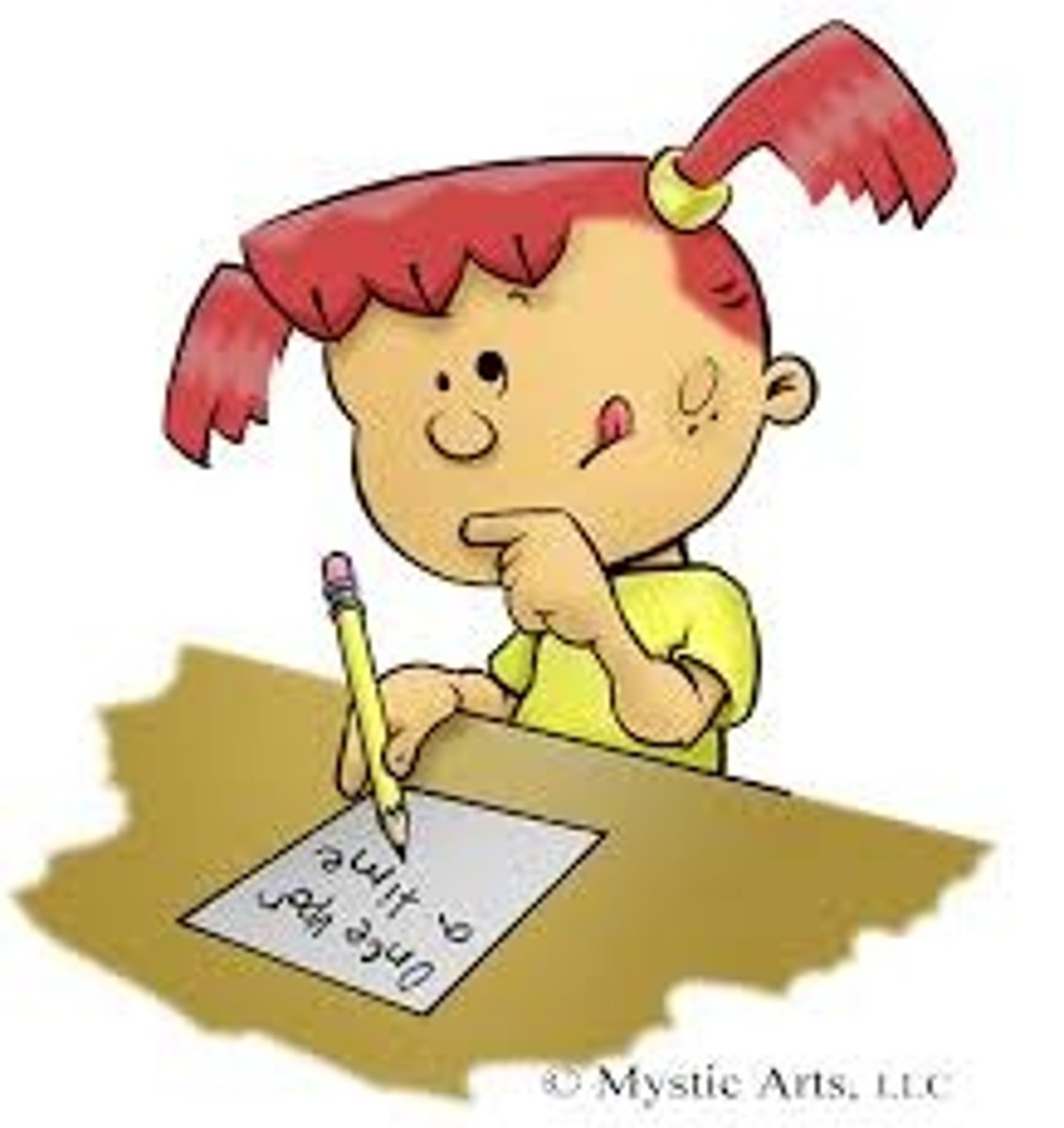
control group
part of an experiment that does not contain a variable; all conditions are kept normal; used as a COMPARISON
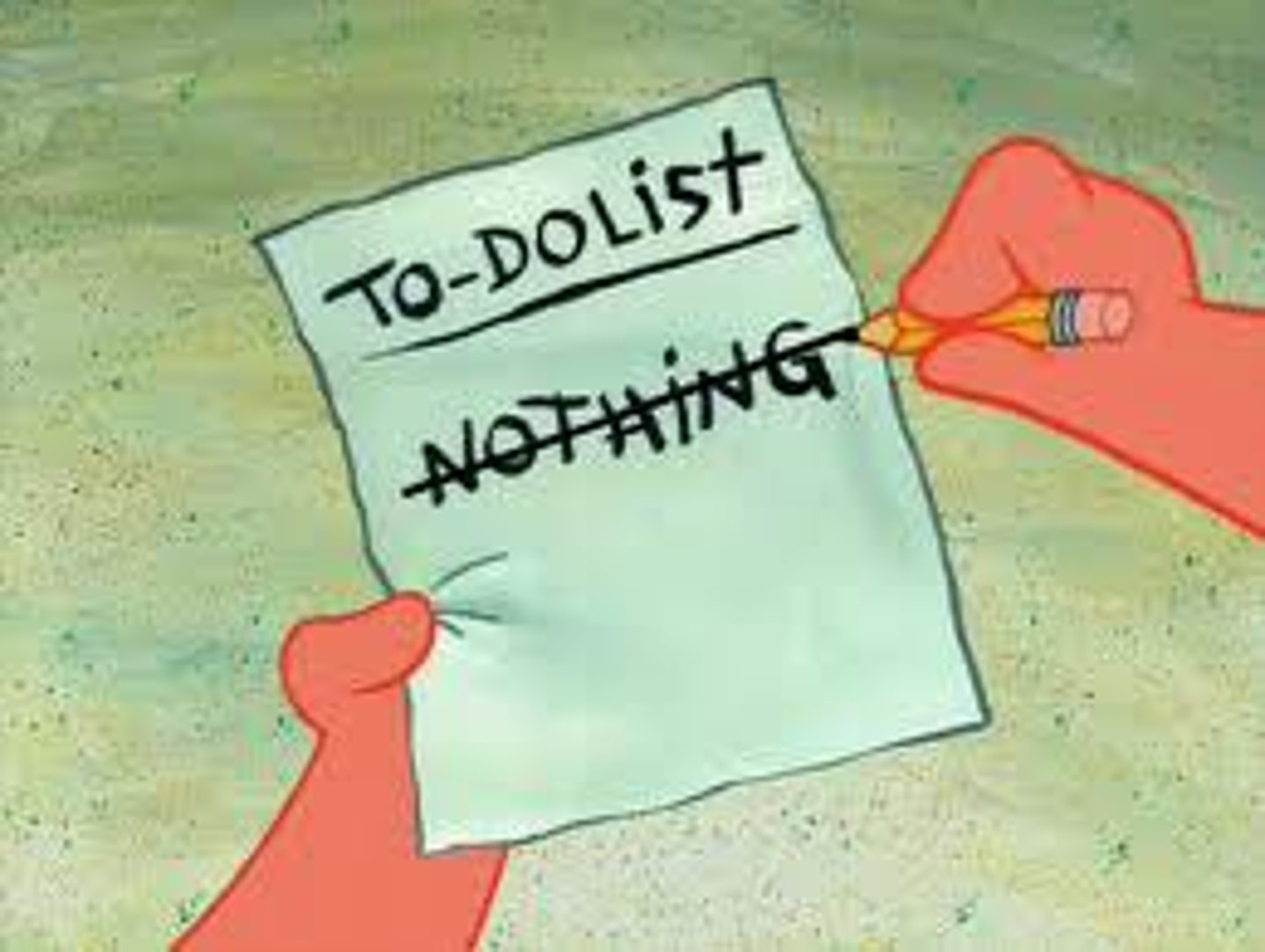
independent/manipulated variable
factor in an experiment that a scientist purposely changes; the cause

dependent/responding variable
the factor that changes (measured) as a result of the experiment; the effect
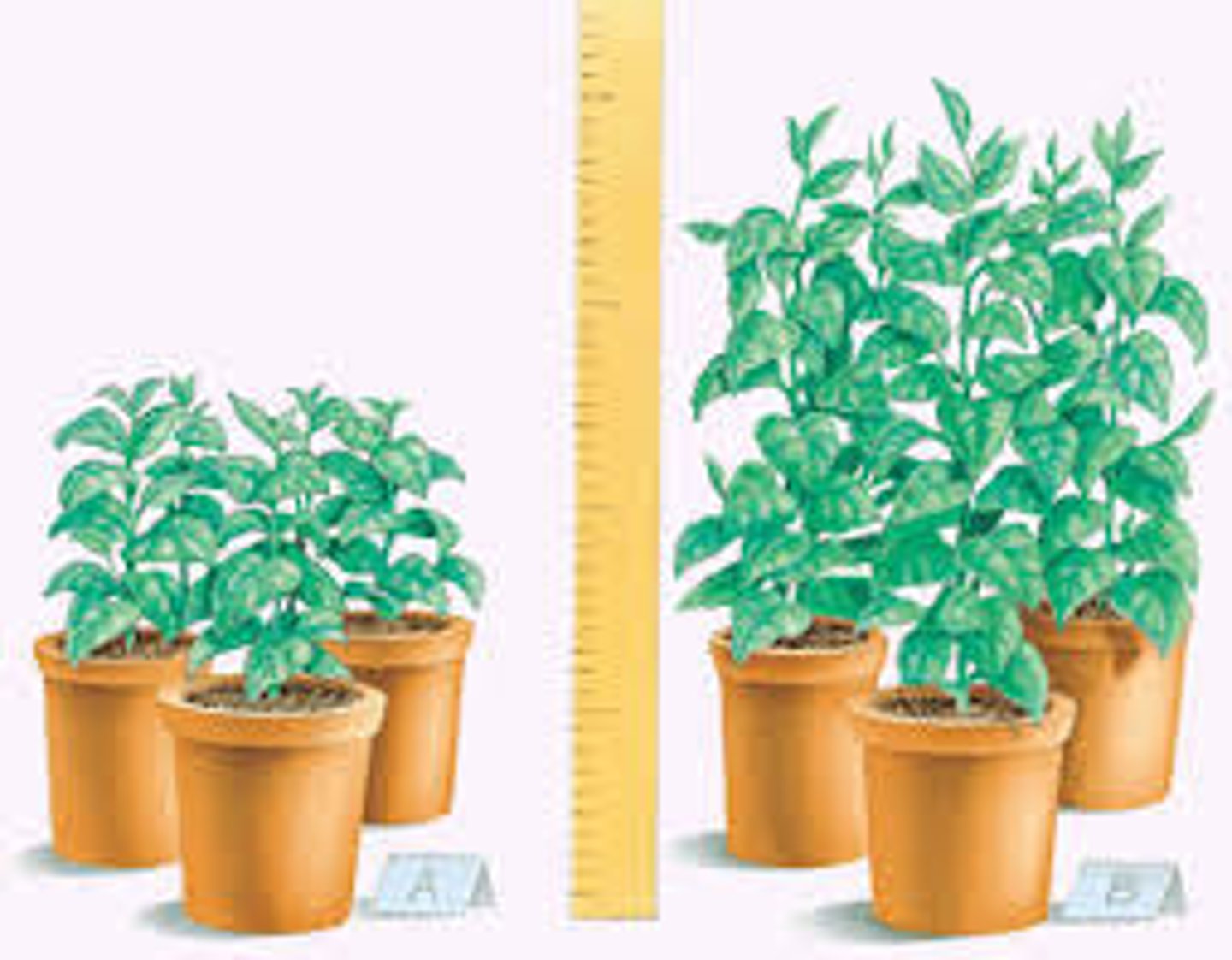
Problem
The question you want to answer. Inquiry has led to many discoveries in science. Ask your question.

Problem
How does the amount of water in a bottle affect the sound made when the bottle is tapped?
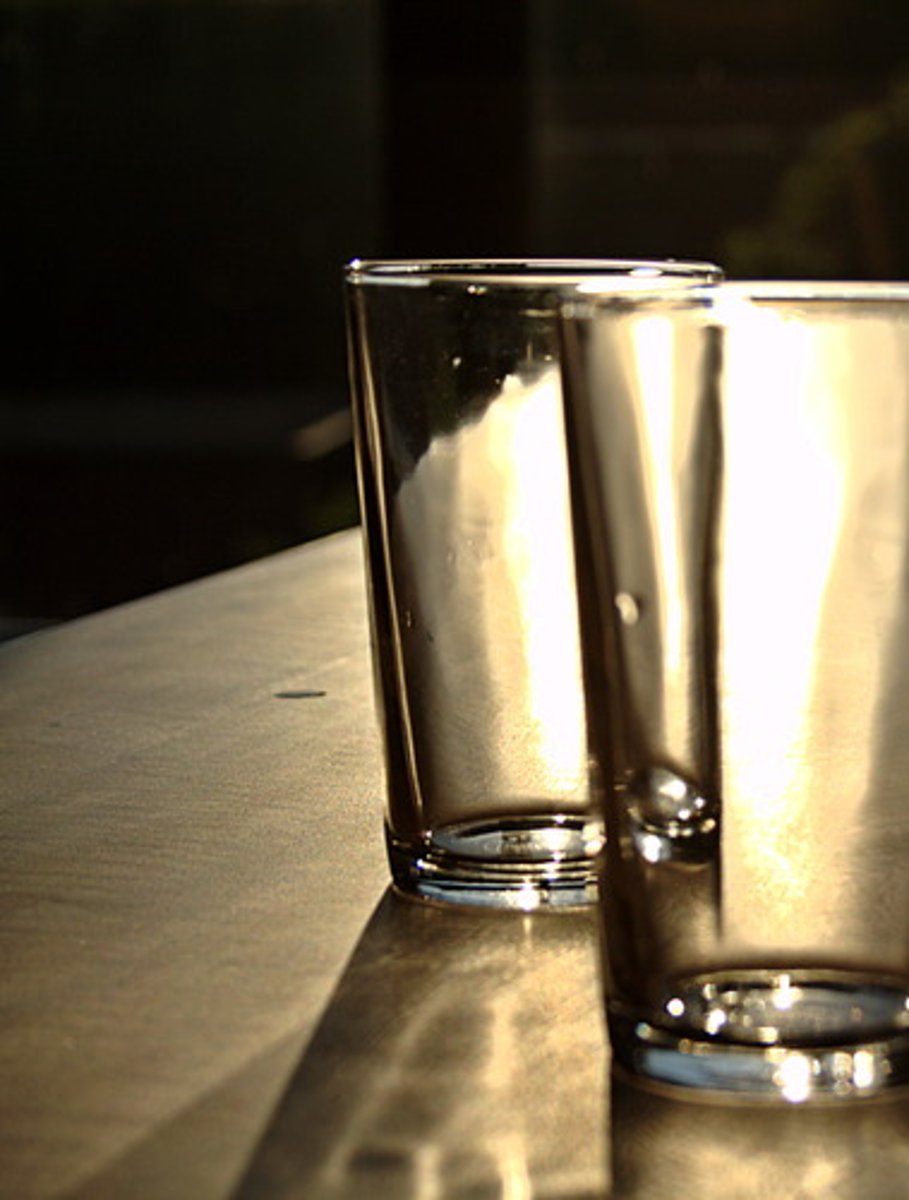
Hypothesis
Tell what you think is the answer to the problem
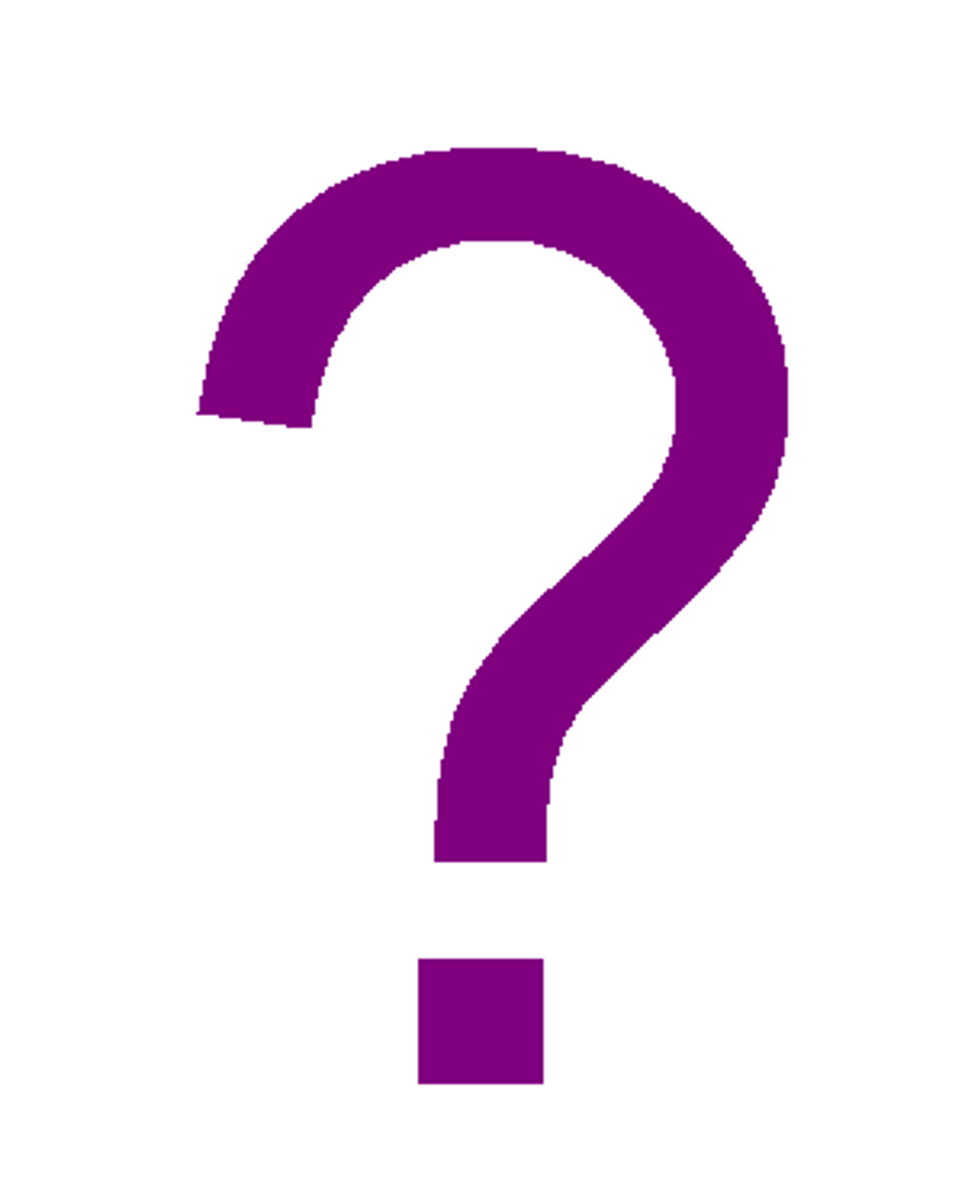
Hypothesis
If the amount of water is more, then the sound will be lower when the bottle is tapped.
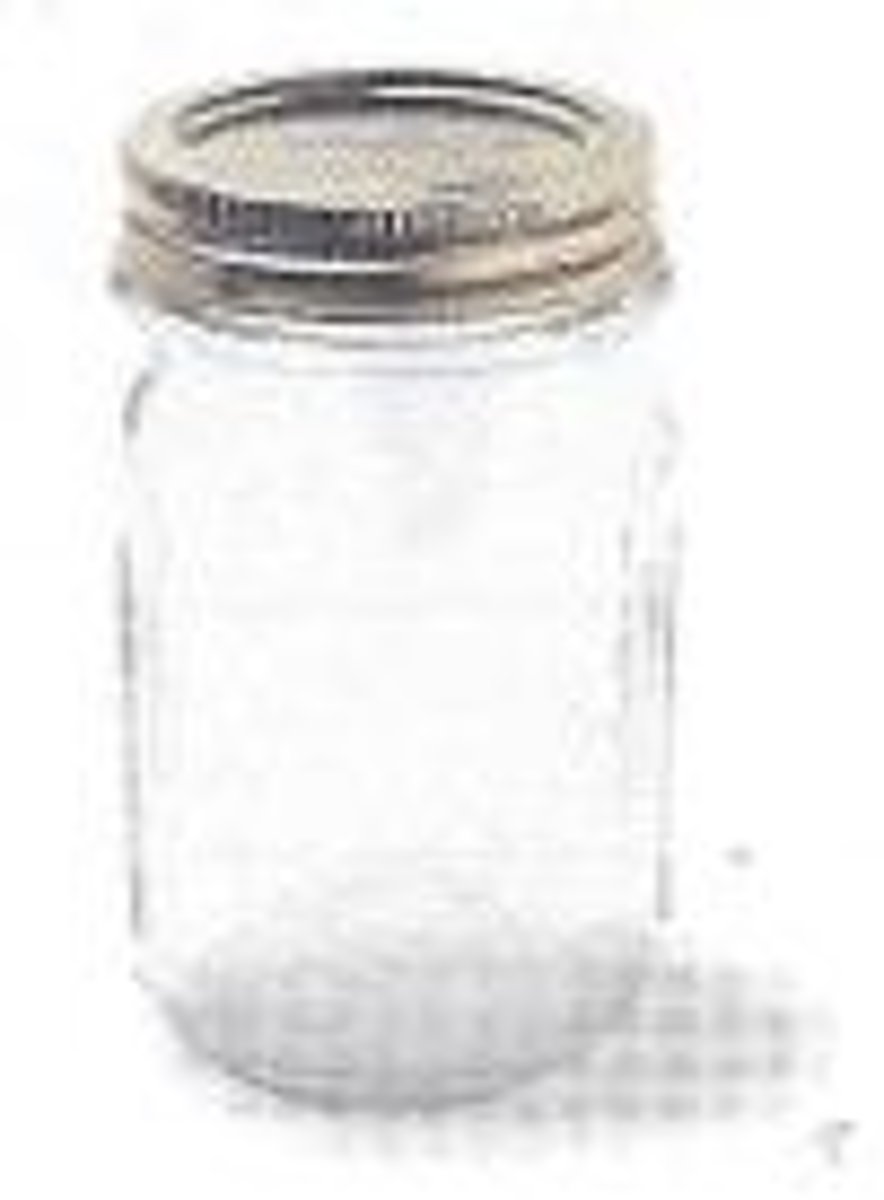
Variables
Change one thing when you test your hypothesis. Keep everything else the same.
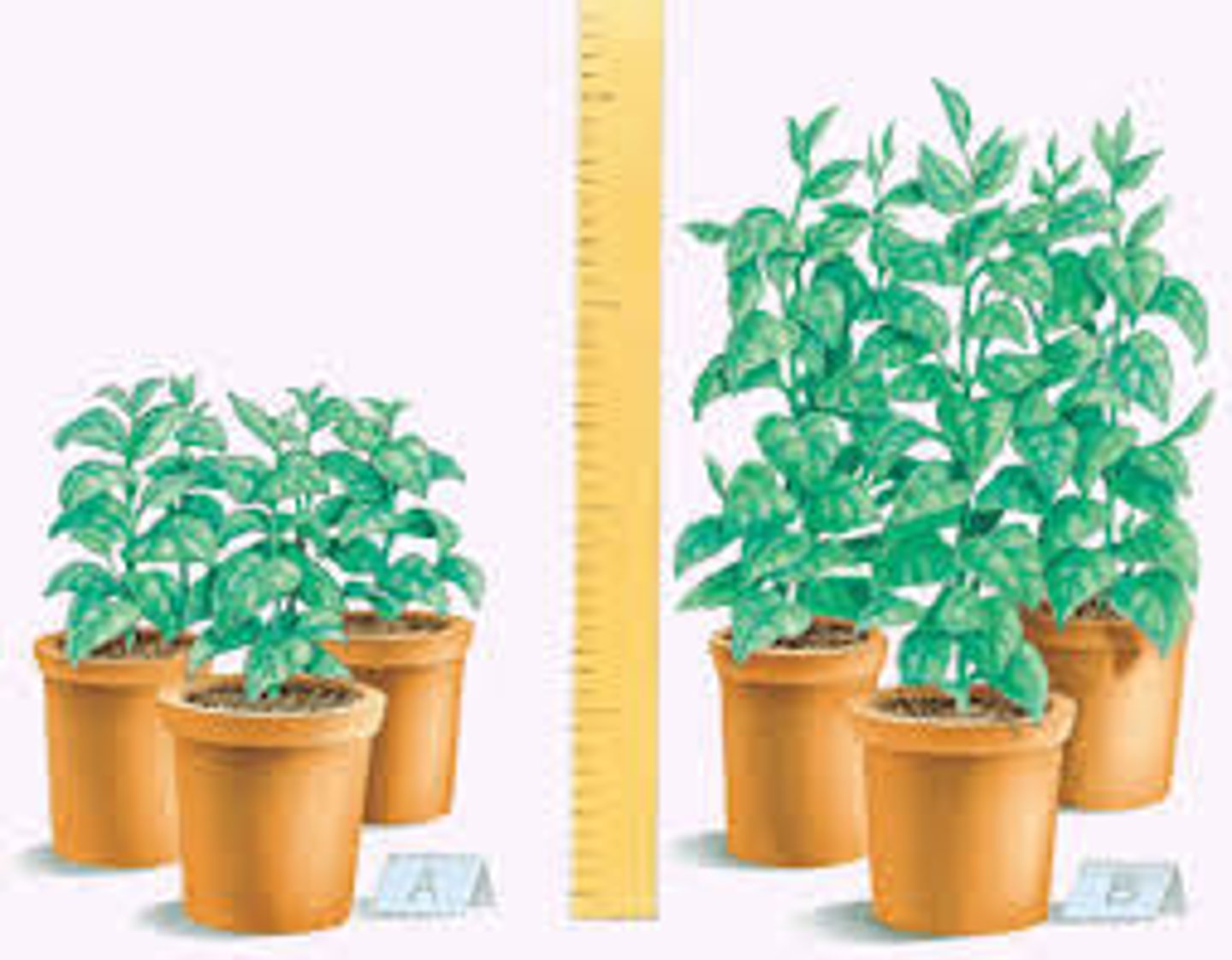
Variables
Use four bottles of the same size. Leave the first bottle empty. Put a little water in the second bottle. Fill the third bottle halfway. Fill the fourth bottle almost full with water.
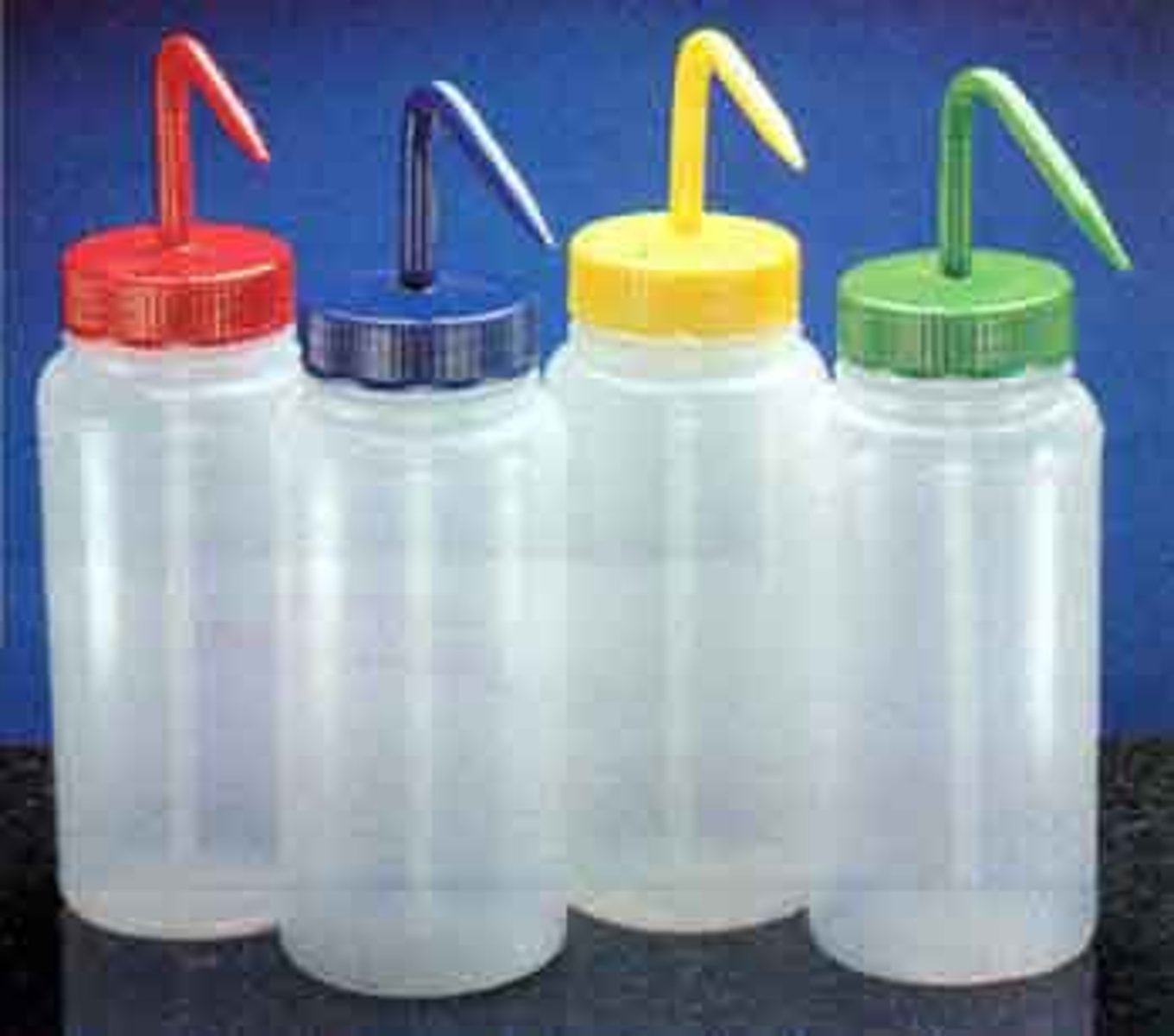
Experiments
Test your hypothesis. You may need to do this step more than once to see if the results are the same each time.
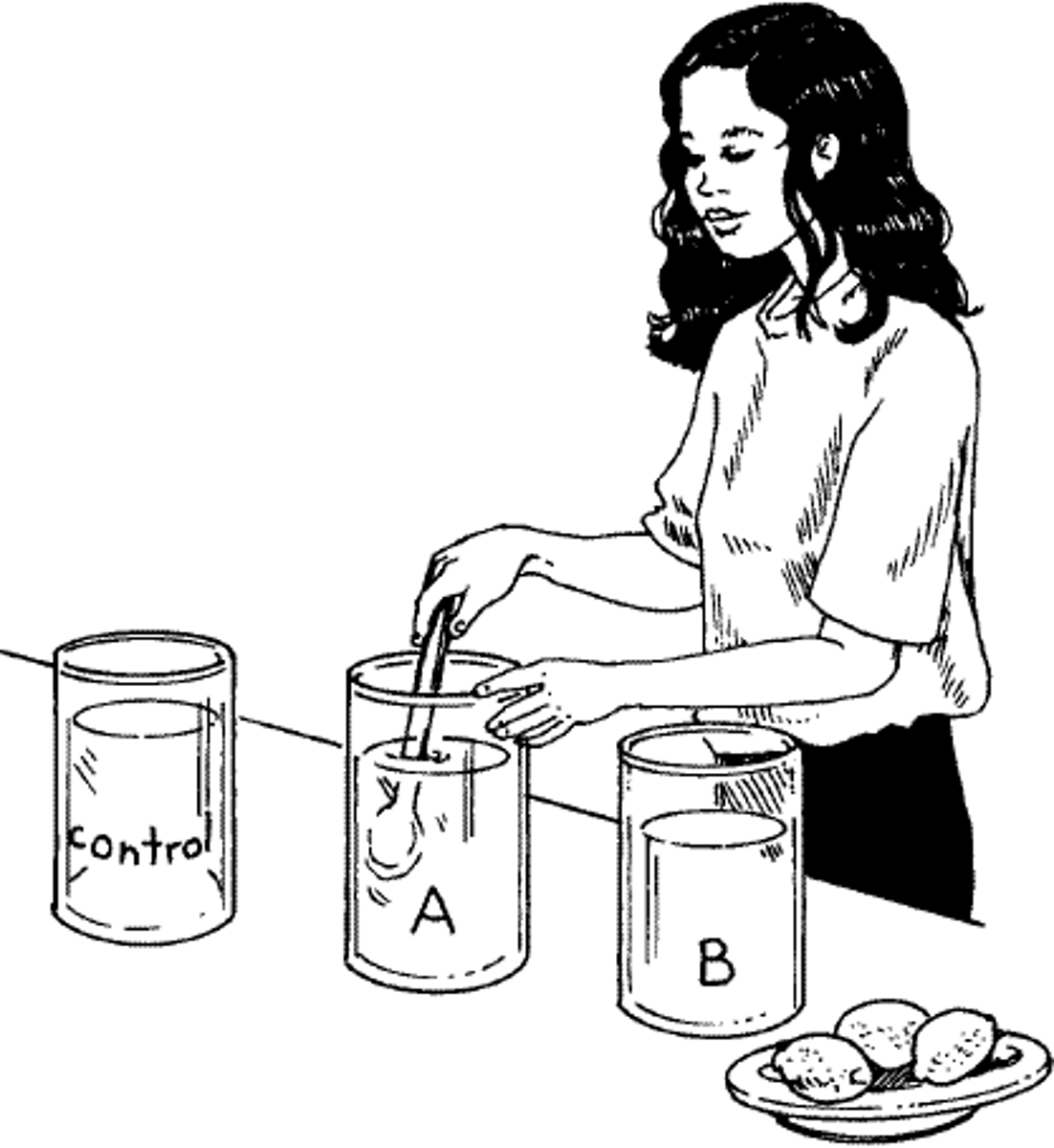
Experiments
Tap each bottle with a spoon.
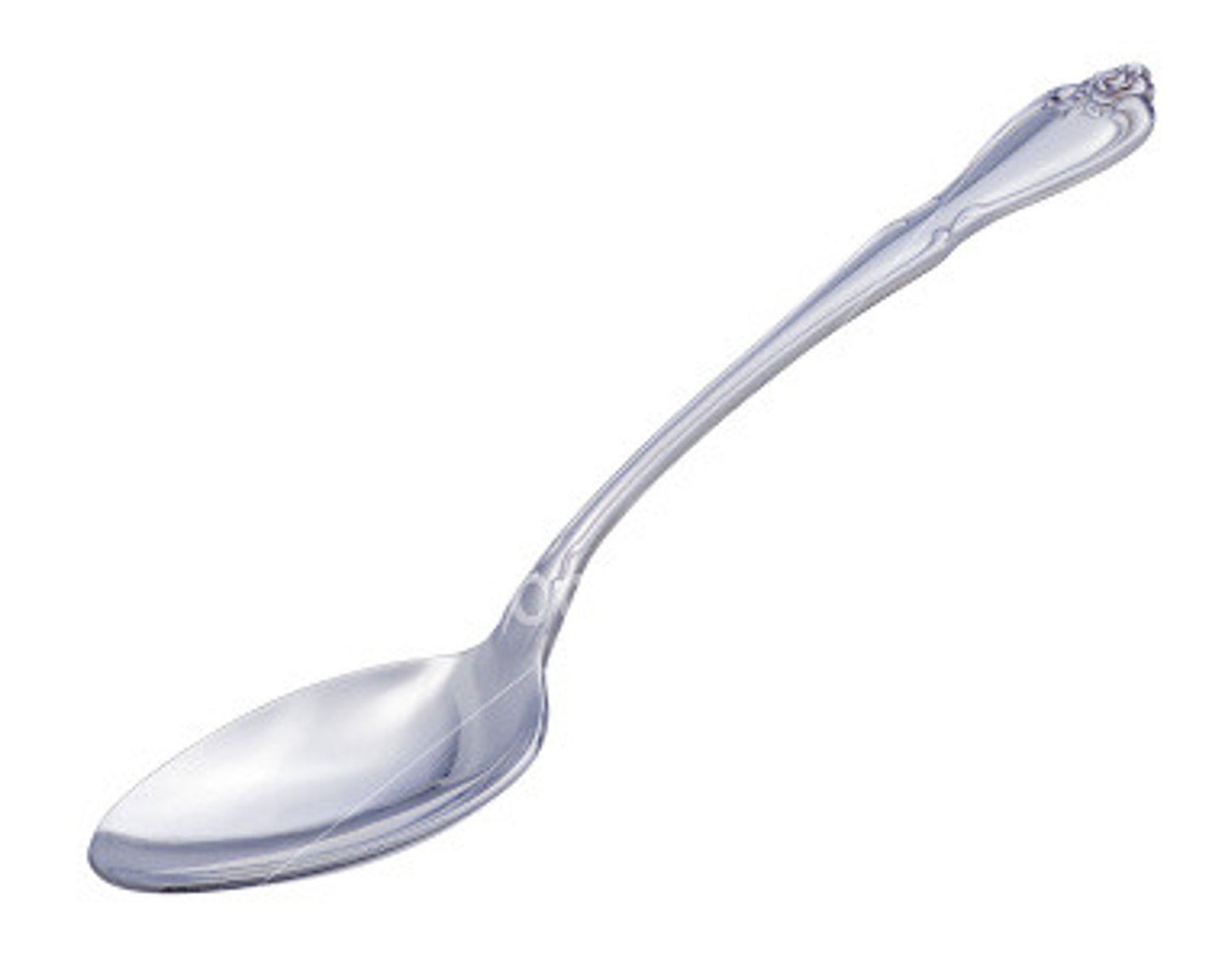
Data
Organize into charts, tables, drawing, and diagrams. You can decide what the information means.
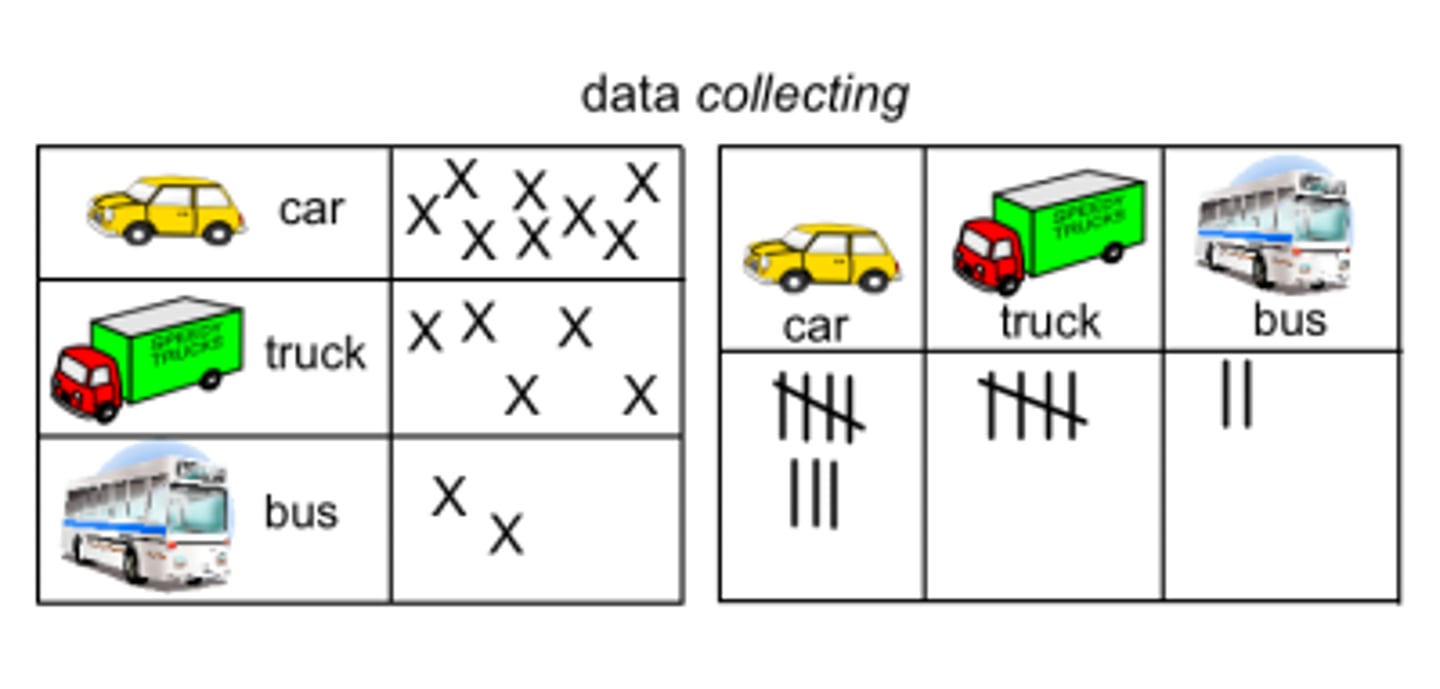
Data
Empty bottle means high sound, a little water means lower sound, half full means ever lower sound, and full means lowest sound.
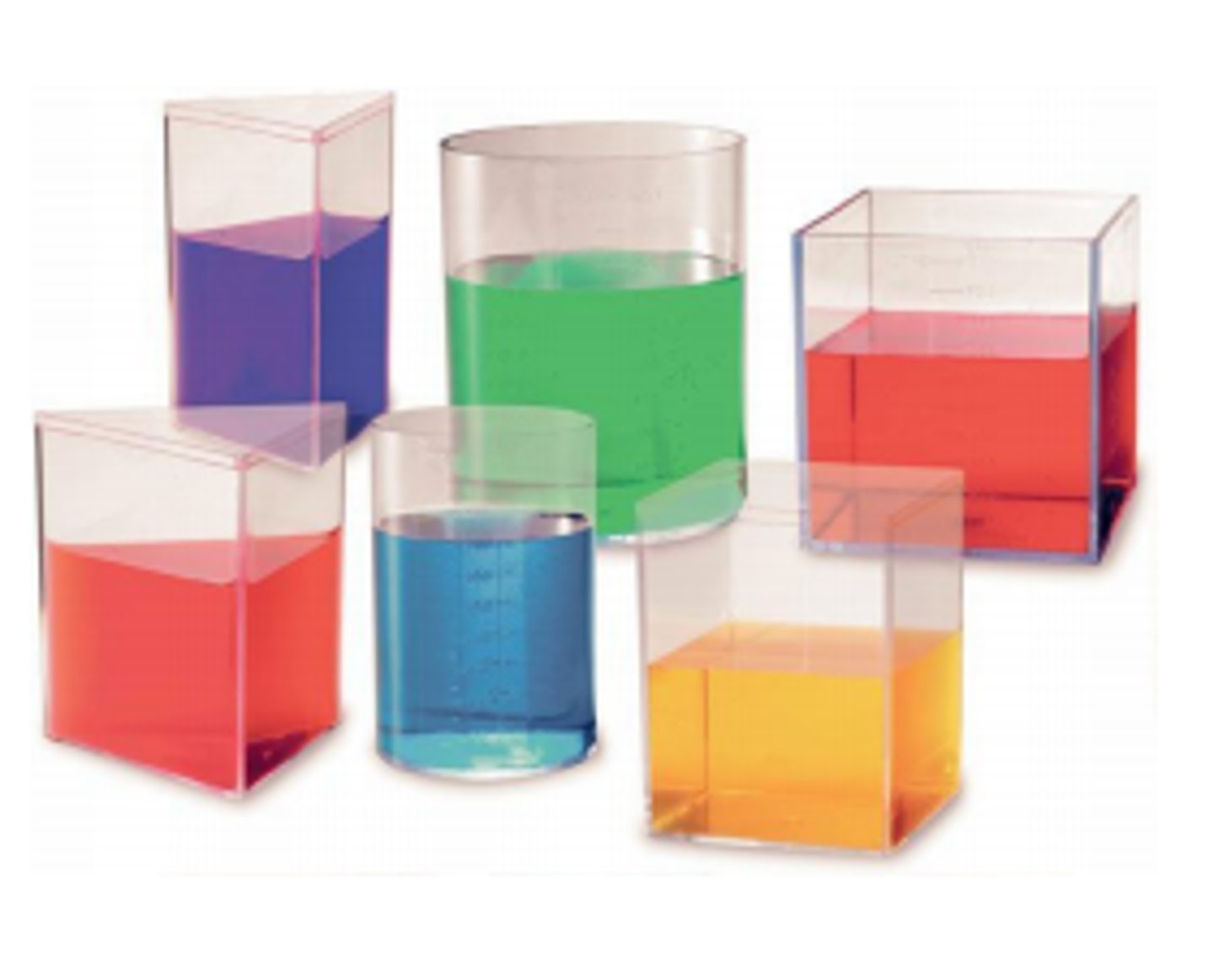
Conclusion
Compare your results and hypothesis. Decide if your hypothesis is right or wrong. Tell what you decide.

Conclusion
The more water in the bottle the lower the sound.
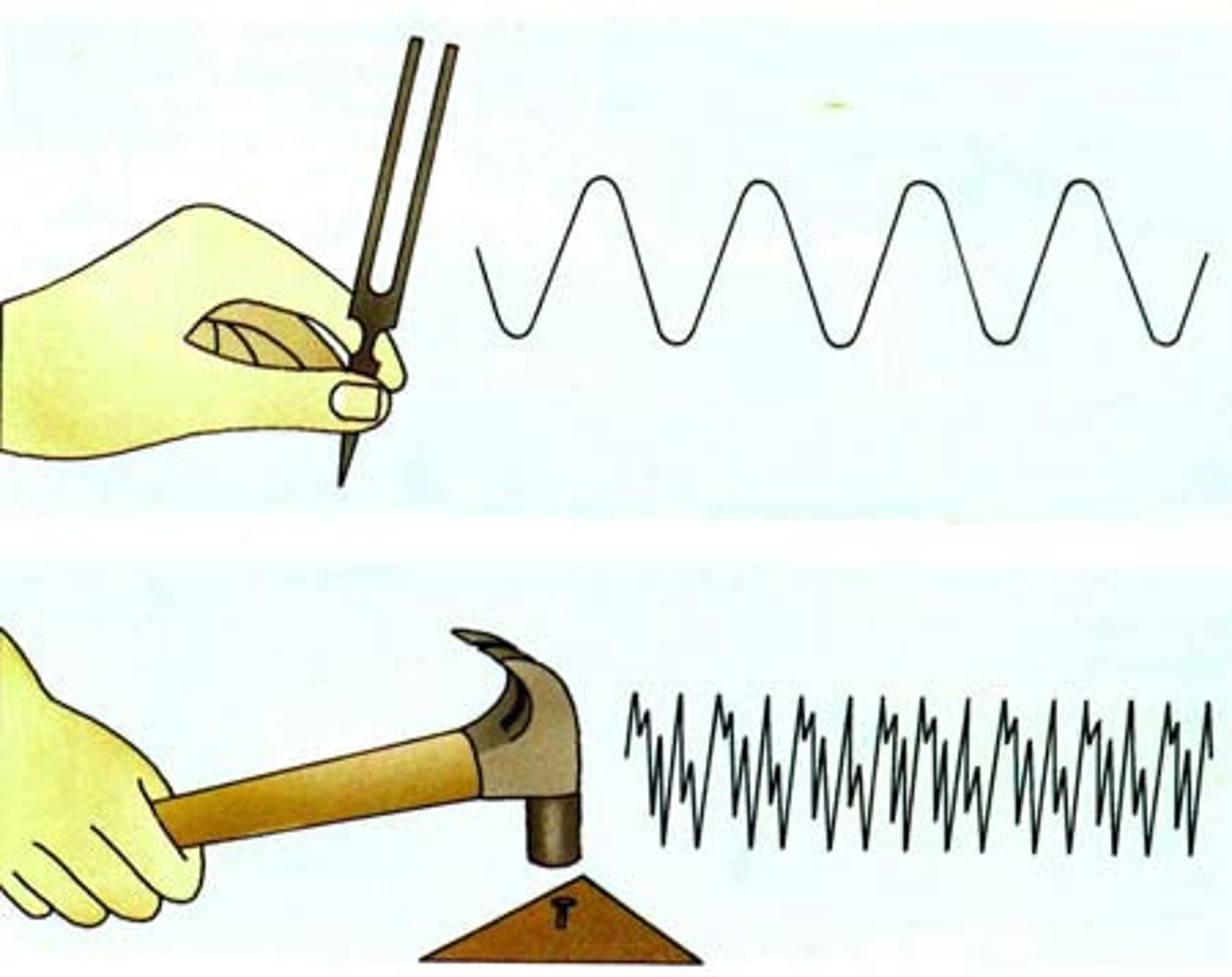
Inquire
Use what you learn to answer other problems or questions . You may want to do your experiment again or change your experiment.
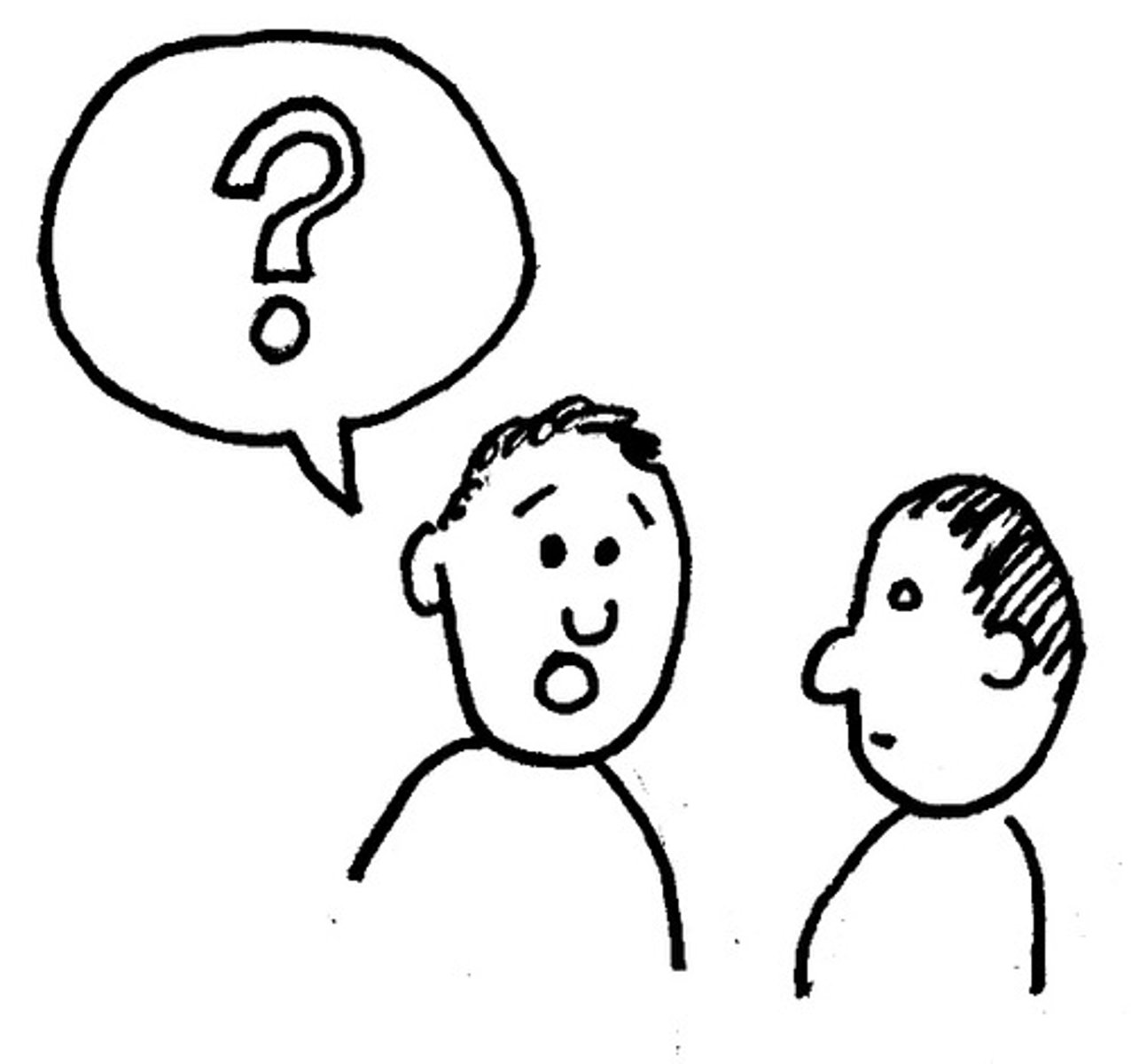
Inquire
Does the size of a bottle affect the sound made when the bottle is topped?
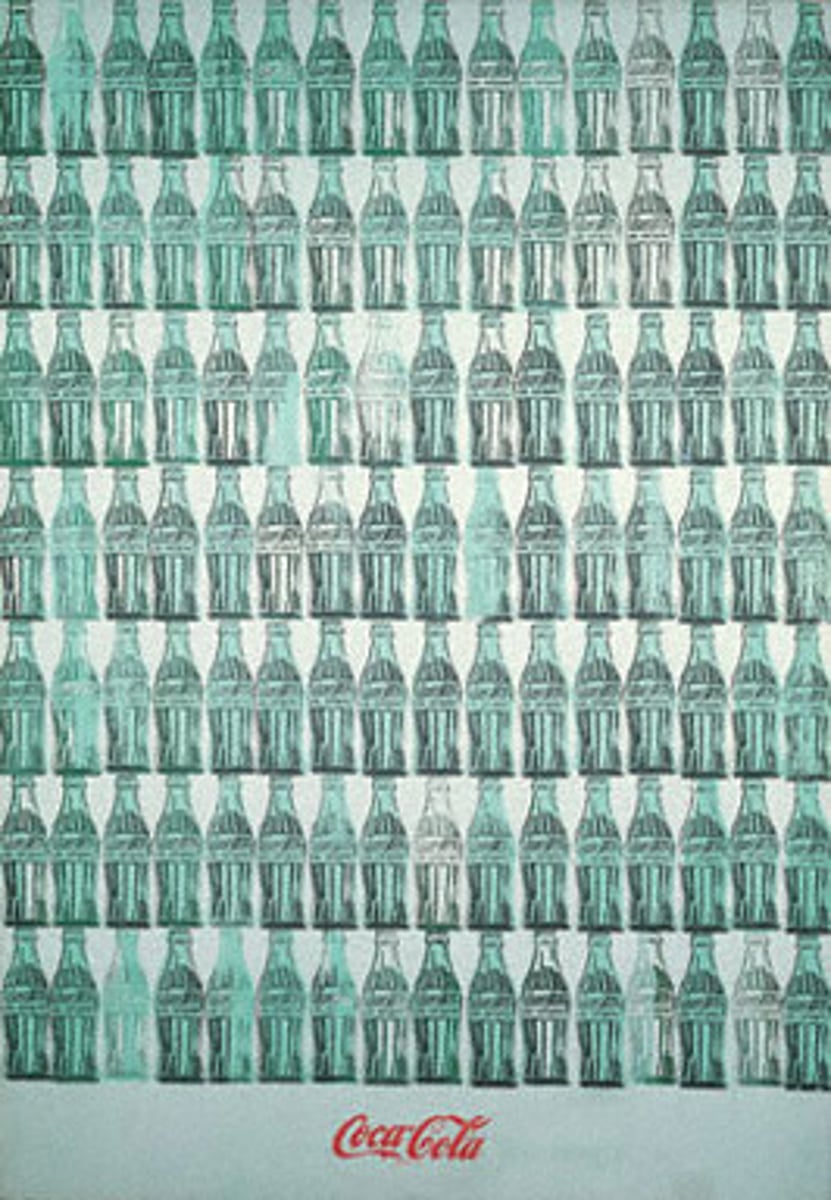
Theory
A plausible or scientifically acceptable general principle or body of principles offered to explain phenomena.
Scientific Method Order
Question, observation, hypothesis, controlled experiment, conclusion